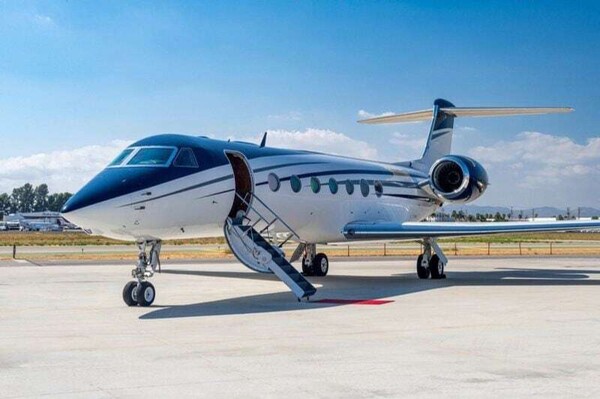
The production of sustainable aviation fuel (SAF) is not progressing as planned, according to the International Air Transport Association (IATA). Although airlines are eager to acquire SAF, current production does not meet carbon offsetting needs. Currently, approximately 1.3 billion liters of SAF are produced globally, well below initial projections.
To achieve the goal of net zero CO2 emissions by 2050, it is estimated that between 3,000 and more than 6,500 new renewable fuel plants will be needed. These plants will not only produce SAF but also renewable diesel and other alternative fuels. An annual capital expenditure of around $128 billion is estimated to build these plants in the most optimistic scenario.
Although stronger government support is required to achieve mass production of SAF, clear imbalances currently exist. Subsidies to the oil industry remain a reality, despite the decarbonization goals of the aviation sector. Passengers are demanding more concrete and sustainable actions, pressuring airlines and governments to accelerate the transition to greener fuels.
IATA Director General Willie Walsh emphasized the importance of maintaining realistic expectations regarding investor profitability in SAF. While profit generation is sought, the path to profitability will be gradual and steady rather than quick and tumultuous. It is vital to eliminate subsidies for fossil fuels and redirect them towards the production and expansion of SAF to achieve an effective transition to a more sustainable aviation sector.














